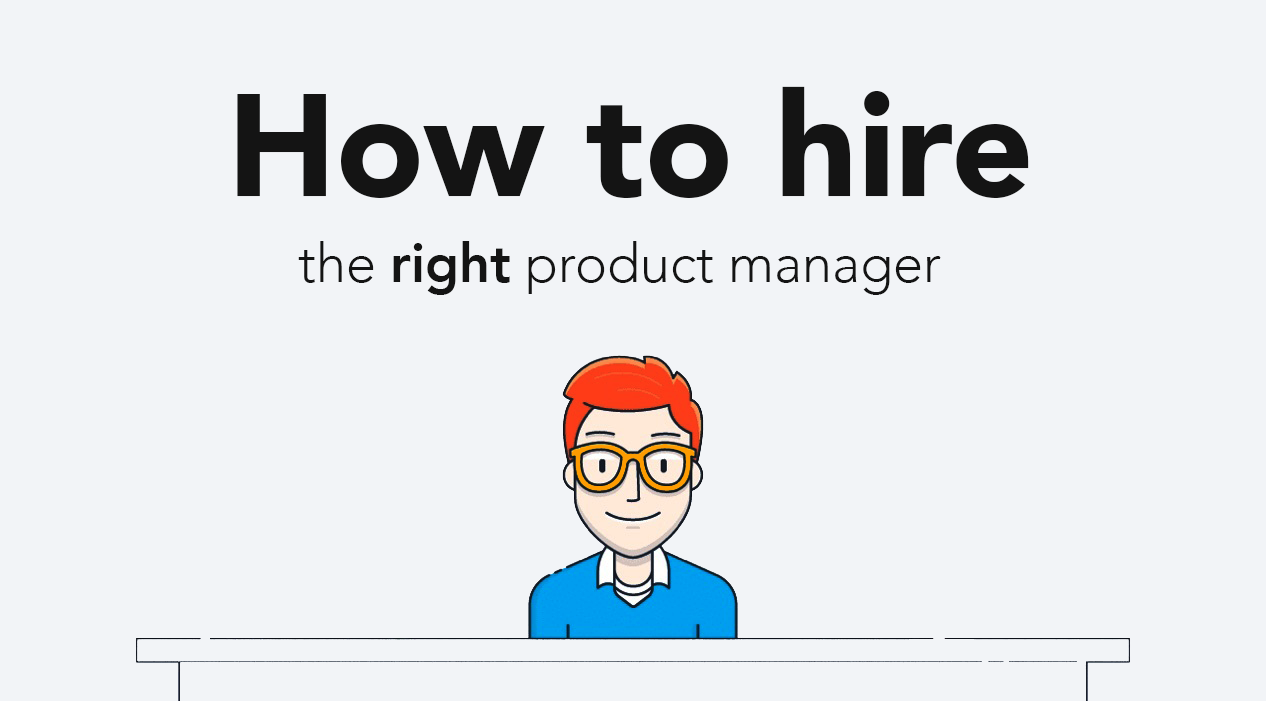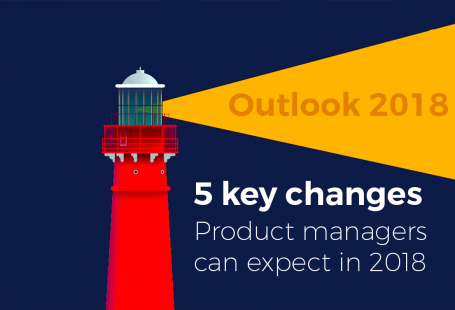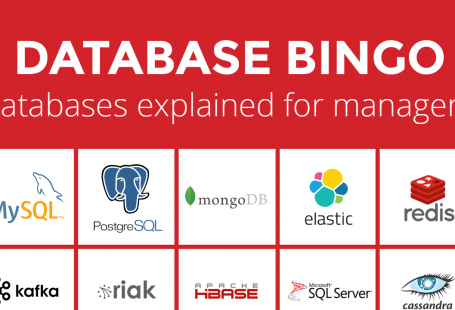 I was supporting a Berlin startup recently with hiring a product manager. They weren’t the first company that knocked on my door to help them find the right person for the job. It became clear to me a lot of companies and startups struggle to find those top notch product managers.
I was supporting a Berlin startup recently with hiring a product manager. They weren’t the first company that knocked on my door to help them find the right person for the job. It became clear to me a lot of companies and startups struggle to find those top notch product managers.
Let me give you an insight how difficult hiring PM’s is: from the last 2 companies I supported with hiring new product managers. Out of 20 applications 0 passed requirements.
They barely made medior level.
This article will give you a quick overview what to look for in a product manager (3 minute read).
True cost of hiring the wrong product manager
If you’re desperate to fill the vacancy and want to compromise, let me remind you this consequences of hiring the wrong product manager.
- Destroying your product Once you have a product manager or multiple, you’re giving the keys to your product to someone else. You can’t just intervene whenever you like. Even once wrong decisions are made, it’s hard to get rid off someone by contract.
- Raging technical debt Building the wrong things means you end up with code you either don’t need or has created multiple dependencies that only complicate delivering features you’ll need in the future. This kind of technical debt creation is costly and can take months to correct.
- Talent walking away When people don’t enjoy their work, they’ll leave. Especially within the current job market your engineers, designers, product managers are walking prey for recruiters.
- Advantage to your competitors can get an advantage over your product. Competing means having the best product. But you can only make the best product with the best people. It’s that simple.
Fundamental skills of a product manager
I’ve seen a lot of vacancies that really miss the point of seeking the right product manager. There seems to be some misconception about what this role really is about.
There are basically 3 fundamental skills you’re looking for:
1. Leading collective decision making
Product is about getting the best out of the collective talent that is the product team, stakeholders and customers. They all contribute to creating product. The first skill is about harnessing all that talent and knowledge towards guiding teams with decision making. A product manager doesn’t hold the absolute truth but is responsible for leading the effort to get the right data resulting in the right questions to be answered with which direction to take.
2. Steering execution
Once you’ve made decisions which direction to take, it will require a lot of consistency, detailed expertise and hard work to get execution right. A product manager should be skilled with in-depth knowledge to steer while the ship is moving.
Is this bug really urgent to push a hotfix within sprint? What implications do these new dependencies from system X have? And another 1000 questions a PM should be able to answer like a Kung Fu master.
A product is usually not created in isolation and is exposed to business operations with influences from different departments. As a product manager, you’ll have plenty of factors that will try to steer away from the set direction.
The main objective is to keep steering in the right direction as being in the ‘drivers seat’ of the product.
3. Delivering product (on managed expectations)
Delivering product is not that hard. Delivering product on managed expectations is very hard. Setting up and maintaining product operations that run fast and smooth is an art by itself.
The more important part remains keeping up with expectations and communicating properly about progress and constantly doing round-trips to make sure you’re meeting expectations and eventually blow people’s minds with your product delivery.
A PM needs to understand an important part of business: a product which people don’t want to pay for, is not a product.
Other skills to look for in a PM
- Technical background If you’re a tech company, you’re better off with a product manager that has a background in computer science. It makes communicating with engineers understanding context much easier and adds to your net worth of operational headcount. In some cases where there is little tech going on for that specific position, this may vary as hard requirement.
- Entrepreneurial skills This is a big plus in business sense. People who’ve run their own business really know the importance of financials and making revenue. This keen eye is very suitable when you’re in a very competitive transactional business. It’s a lot easier when you can distinguish terms like ACV, MMR, TPV and know what kind of impact it has on your product development from a management team point-of-view.
- Social skills If you’re building a product for people, you’ll need to be able to understand people. That sounds obvious, right? People are the most complex machines, way more complex than computers. So people skills should definitely not be the last on the list. For example: a PM will need to motivate people. This counts when tough decisions are made.
- Leadership Actual proof someone has led multiple teams and showed skills to listen, accommodate a culture for talent and support people to take ownership. That all leads to building a scalable product operation where the best can thrive and decisions are made based on collective support.
Skills not to look for in a PM
- Backlog grooming I’ve never understood who thought that was a skill. I spot this one in many job openings as a requirement. Backlog grooming is not a skill. It’s a result of prioritizing based on relevant data and decisions made to progress in the right direction. That is a team effort, as I explained before about collective decision making.
- Certificates Doesn’t really say anything about the actual skillset. I’ve seen most new PM’s try to go for this. Scrum PM certificates will only tell someone has an understanding by the book. But that will only get you thus far. If the main skill lies in paperwork, the PM won’t last long in most companies. Especially tech companies where the pace can be extremely high.
- SCRUM magic I’ve read a lot results from assignments candidates got during their interviews and most people tend to show off their Epic, story, subtask karate kid moves. PM is not about that. I can teach SCRUM to anyone within a few days. Keep those with the basic requirements and focus on real skills to deliver a product with a team.
- Inside-out comfort (not customer centric) A lot of people like to be in the comfort of their own product operation and talking to their team. They just go with some roadmap and hide behind who ever is responsible for it. But you don’t make money from your team or your company. You make money from your customers. Inside-out means you start making a product based on what people think inside the company and not leading with customers first (outside-in). A PM needs to show some kind of outside world curiosity and how to tickle customers brains to see what they want.
Hiring for product is hard. Don’t compromise.
All of this is to help you focus on the right skills to determine whether a candidate fits to role of product manager or product owner. I cannot emphasize enough on how important it is to make sure you hire the right person for this position.
Product is the livelihood of your company. Without it, there is no revenue, no company retreat or anything. Rather take the time looking for the right person than compromising just to fill a void.



